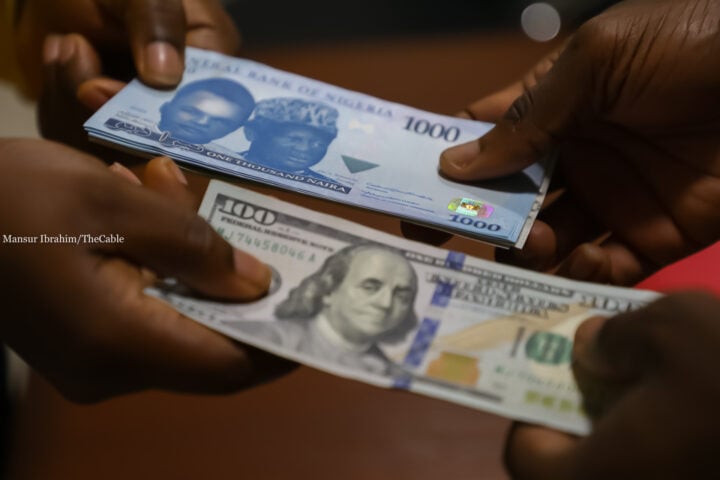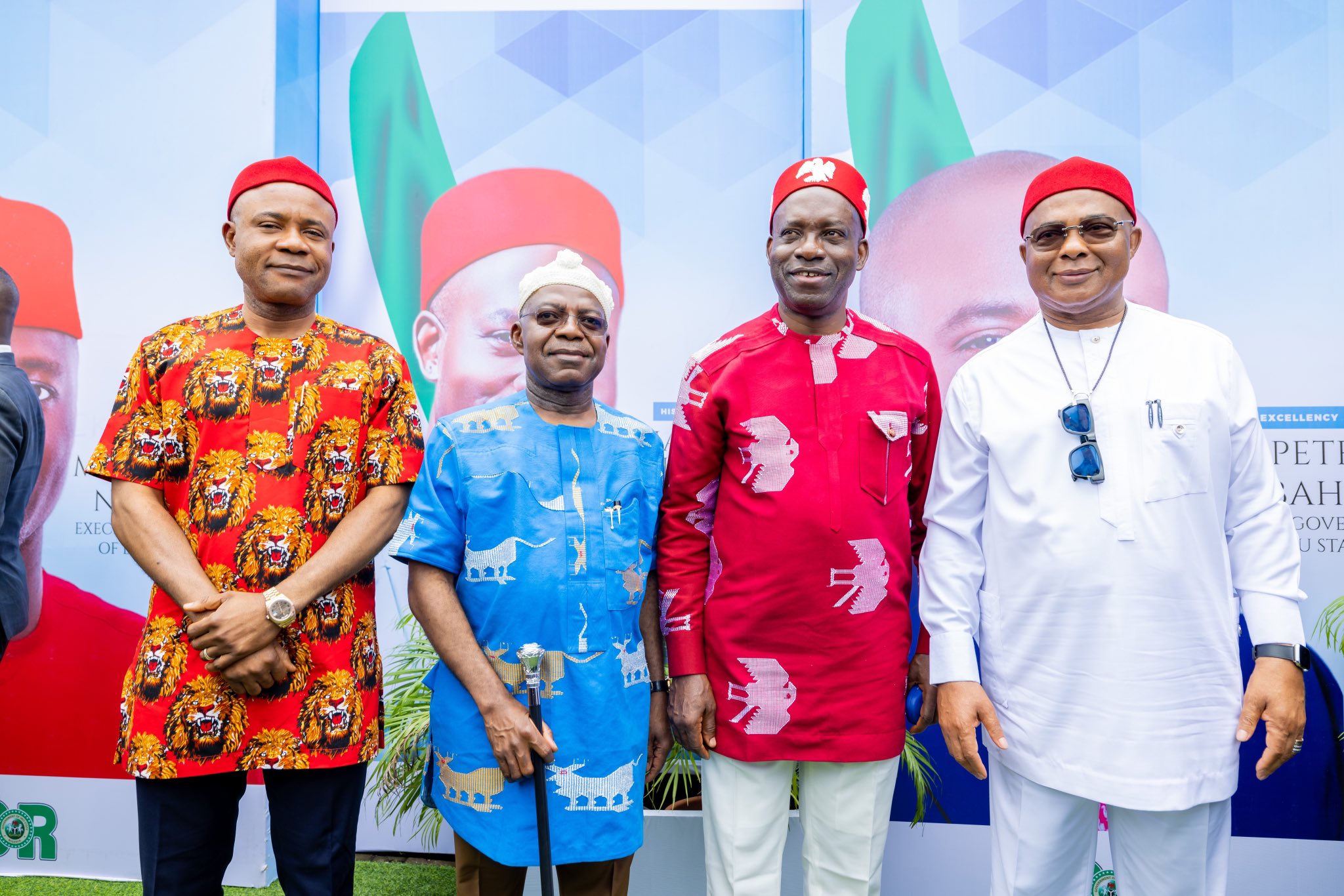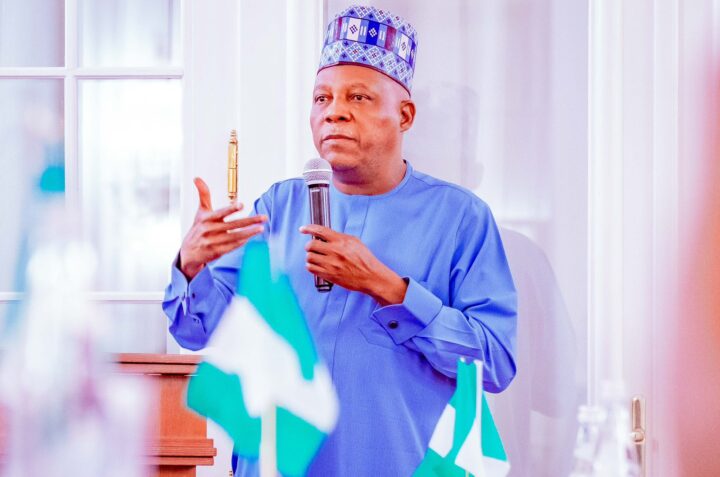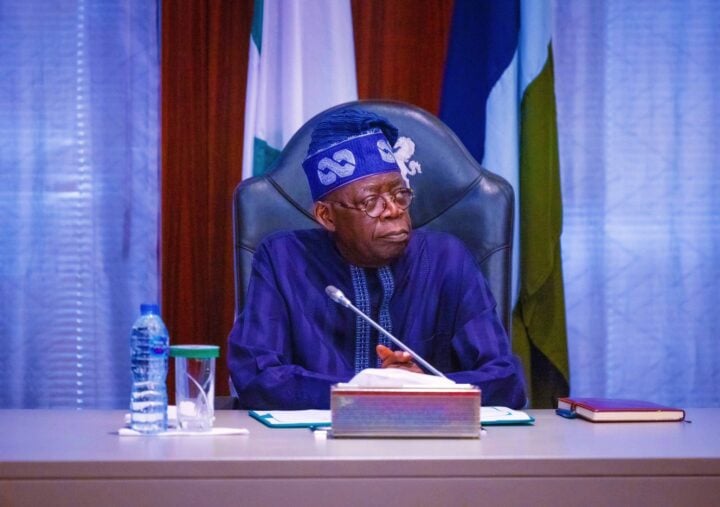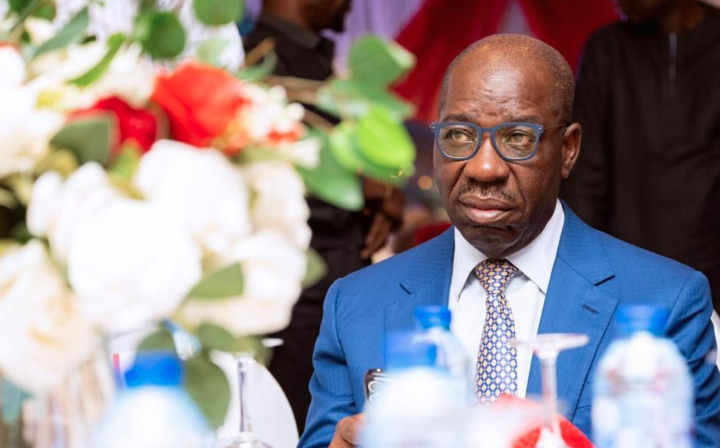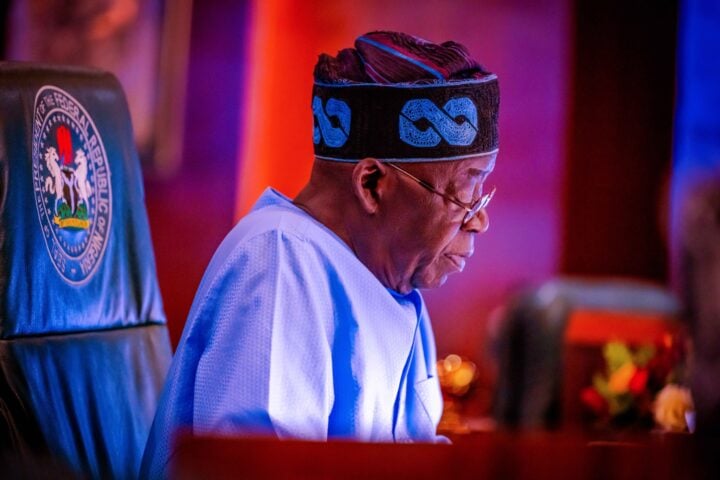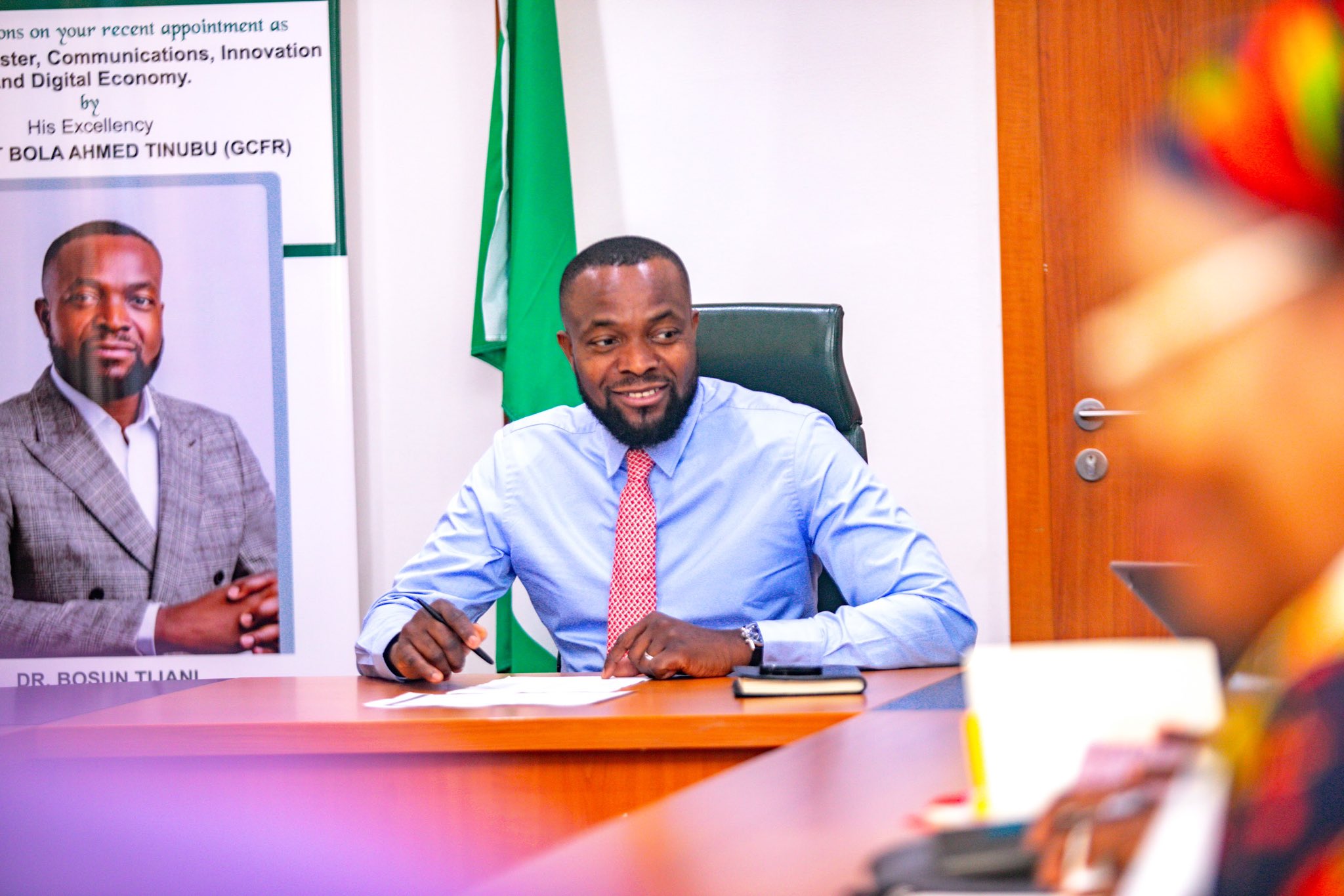First of Dear Readers, I have been called to public service. Some of you may know this already. It is a sacrifice. And it is a privilege at the same time. Nothing beats the freedom that we enjoy as private-sector players but it will also be irresponsible for the opportunity to serve one’s country to come, and then demurs. So, for me, there was no question of whether or not. And at the same time, I was afraid of what this would mean to me in many ways. One of my concerns was my writing. Now, I have no problem writing and it is indeed cathartic for me.
If I continue to have ideas about positive impact on my country, what do I do with them? Are there avenues to continue to educate as a public officer without compromising on one’s job? Honestly, that is what I intend to explore. The role I have been given – as special adviser on the economy – is just perfect for my personality and stage of development. It allows me to play the role of a midfielder in a football team, being able to assist in an eclectic fashion, and having inputs here and there. I’ve since settled into the role, and I have His Excellency, Vice President of the Federal Republic of Nigeria, the amiable and positive Senator Kashim Shettima to thank for remembering me in my corner, and His Excellency President Bola Ahmed Tinubu for graciously approving my nomination.
Already, there is an opportunity to try and educate my readers and friends about a very important economic issue – the Naira conundrum. I had started an article some weeks back, as a ‘bloody civilian’, asking the question ‘What do we do with our currency’? I did not send out the article because I was a bit frustrated by how things like that usually turn out in Nigeria and concerned that I was becoming a lone wolf whom no one wanted to listen to on such matters. Nigeria has become famous for taking all the wrong decisions and hurting herself. There was much noise around unifying the rates of the Naira, but smart folks among us deliberately painted a picture of the official rate being the same as the black (illegal) market rate. Yet, we all know that there are transactions that will never be countenanced in the official (legal) markets and that will only be cleared through the black (illegal) market. The other day, the Nigeria Drug Law Enforcement Agency (NDLEA) busted some drug guys in Ikorodu, Lagos, with over $236 million worth of narcotics! If they had succeeded, they would have gone through the black (illegal) market to somehow remit their haul abroad. And those are the guys that were caught. God knows how many more such people are out there. Since the coming of General Buba Marwa (Rtd) as NDLEA chairman, I estimate that they could have busted and seized more than $3 billion worth of drugs of all sorts. Most of these have foreign connections and such transactions are black-market-bound.
So, aside from all this talk around ‘supply of dollars’, there is a need to restructure the FX (foreign exchange market) in Nigeria, and clearly and properly separate the Bureaux de Change from illegal forex market dealers. There is a need for all self-respecting and legal news channels, newspapers and other media in Nigeria to understand that it is an anomaly to minutely report activities in a ‘black’ market, an illegal market where such transactions such as drugs, human trafficking, corruption, and other crimes are cleared. We should all understand that there is an illegal market for currency in every country on earth. There is high crime in every society and so, such markets help them run things. Only self-loathing people will edify such markets, call it the ‘real market’, and even try and rechristen it as a ‘parallel market’, meaning that it is a clear and desirable alternative to official markets.
Advertisement
Nigeria has to drive the ‘black (illegal) market underground properly such that anyone transacting there is clearly aware of the risk they are taking and the kind of money they are dealing with. We cannot have such a market carelessly hanging around every street corner. The world has changed, and Nigeria must change with it. I understand how long the tradition of street trading of currency has been around. But we are now in the age of artificial intelligence and whatnot. It’s time to begin the process of winding them down. What we will achieve is that whoever wants to deal in that market will have to do so very privately, and it will become hard to have a general rate there, much less having our top news agencies helping to rebroadcast what goes on there – a major factor behind the panic that is threatening to kill our currency. This is how normal, progressive societies operate.
I shared a very short clip of a documentary about Mexico on my Facebook page the other day. The anchor was describing several aspects of the city. At some point, he veered into a street where ladies sold dollars illegally. He asked one of them what the price was but as soon as she answered, she saw she was being filmed and went into a panic mode, insisting that they wanted no cameras. The report claimed that drug monies are washed in Mexico through these markets. Nigeria has elevated to official status, that same type of market. Some market players insist they are heroes. Many manufacturing companies claim that is where they source their forex for import transactions (very unlikely, but that allows them to increase prices and gouge the pockets of the poor consumer). We lost shame and sense of propriety in Nigeria, but we must find it back.
And that brings up the issue of the numbers of Bureaux de Change. At last count, there are 5,691 official licenses. A few weeks back, one was hopeful that the Central Bank of Nigeria would do a thorough cleanup and reduce the numbers drastically by raising capital requirements, but only a few were deregistered. Perhaps interests kicked in. But where our economy is today – beyond all the talk of expecting the government to ‘supply dollars’ (and I wonder from where?) – the CBN must be ready to keep intervening in that market – howbeit quietly and unpredictably – to stabilise the Naira around a band. I am not a fan of full-floating, but I support managed-floating. The official market must be run between our banks (commercial and merchant), and the BDCs. If we want to incorporate FINTECHs, all is well and good.
Advertisement
The BDC subsector, through its association president, Aminu Gwadabe, had even proposed a tenfold capital increase which may force this merger. If our banks were once merged, why not the BDCs? And that is a very profitable business (transaction-fee based, no credit issuance or bad loans). In the UAE, BDCs own many of the skyscrapers in Dubai Downtown. Like in the UAE, our BDCs (which should not be more than say 150–200 brands, should also be enabled to handle local and foreign money transfers and should have proper corporate governance in place that lets their owners understand that their licenses are to be cherished. The ‘unification’ that the government has done is within official markets. The official market cannot be chasing illegal market ad infinitum. The illegal/black market is not our reference market. Nigeria is not some gangster’s paradise contrary to what her internal enemies and external collaborators are trying to project.
Rescuing the naira through practical and structural reforms
There’s a black market for dollars in every country. Some are more open than others. But in Nigeria, we insist that the dollar black market is the real market and we have whitewashed it like it’s so normal. Now official rates are chasing black market rates. The Black or Illegal market is rechristened as the ‘parallel’ market (parallel alternative to official), and everybody rushes forward to spray their brand of perfume on what is patently criminal. Except we want to go around the world with a reputation worse than the drug dealers of Cuidad Juarez, we had better change. We should be more analytical as a people and stop hurting ourselves.
The fact that it’s easier to buy dollars on the streets than in the bank and without documentation is known. Part of the process of rescuing and rediscovering the Naira is that black/illegal market dollars need to be more difficult to find. And whoever finds some need to be made to know that they have found an illegal thing. Rates there will be more variable and difficult to confirm for real. In time, the attention of Nigerians will drift from the normalised illegal market for foreign exchange. We should try to continue capacitating our official sources and also build the discipline to do the right things. Even in Mexico, they wouldn’t allow cameras but here we are so mindlessly undisciplined and are undoing ourselves and laying a bad foundation for our children born and unborn.
Advertisement
In the best of jurisdictions, the fact is people aren’t carrying other currencies around casually looking for where to change them or converting their whole salaries into dollars as we do here. It’s not about willingness, it’s about ease and lack of consequences. But I hope we gain the foresight to see what we are doing to ourselves. Our foreign exchange transactions should occur between the banks and the Bureaux De Change (official arrangements requiring some documentation). Everything else should be driven underground and labelled correctly as money laundering and drug dealing.
We must emerge from being an illegal economy as our reputation remains ruined and we may never aspire to anything greater than a gangster’s paradise. This is a different argument from whether exchange rates are fixed or floating. It’s about the remorseless openness of illegal FX markets in Nigeria. Our ‘enlightened’ folks go on TV to talk about “trying to boost the supply of dollars”. This line has been repeated so often it is now become some mantra. But boost from where? I will show us below the current state of our imports versus our exports. But we must also reorganise the market and define exactly what we want to achieve. So, we have this huge informal economy and we have this huge criminal economy. Why would we want to be yoked in the same economy and take reference rate from them? Yet the real real volumes are done in the official market. The black market cannot ever support our real trade. Check it:
Nigeria’s major billion-dollar imports
- Refined petroleum and other oils – $35 billion
- Wheat – $4 billion
- Pharmaceuticals – $4 billion
- Cars – $5 billion
- Technology – $15 billion
- Fish/crustaceans (stockfish, prawns etc) – $2 billion
- Milk – $2 billion
- Salt – $1.5 billion
- Sugar – $1-5 billion
- Education (students from primary to tertiary levels abroad) – $5 billion
- Health tourism (treatments abroad) – $2 billion
- Foreign holidays/travels and pilgrimages – $5 billion
- Phones/laptops/gadgets – $3 billion
- Clothes/textiles – $4 billion
And on the flip side, at least officially, we only export broad products in the $billion region:
Advertisement
- Petroleum and Gas – $57 billion (only 30% of this belongs to Nigeria)
- Fertilizers – $2 billion
To these exports, we may want to add remittances from Nigerians in the diaspora. This comes to an average of $20 billion yearly, but I understand that a large chunk of this figure is goods like laptops, phones etc, not fully cash. Whatever the makeup of the remittances, at least it enables millions of our people and is commendable.
But the perennial and structural imbalance of our trade and therefore dollar availability is more than evident. Anyone who chooses to lead Nigeria has taken on this incredible challenge, and analysts should not make it all look like it’s a walk in the park. We have all contributed to this imbalance with our tastes and have all been reckless in one way or another with our choices and management of this situation.
Advertisement
Below are what we need to do:
- We need elite consensus around the unrelenting demand for the US Dollar as if the currency is freely printed in Nigeria. Our elites and middle-class people need to ‘hold their breaths’ for at least a year, committing to reducing their demand for the currency at every turn and taming their incredibly high tastes at least for a while.
- We need to create demand for the Naira. I understand that Dangote Refinery will sell crude oil in US Dollars and will sell refined products back to Nigerians equally in US Dollars. I hope this is not true, because we should be creating demand for Naira rather than dollar. The more demand that is created for a currency the stronger it gets. If we use that opportunity – again – to create demand for the US Dollar we will not be doing ourselves any favours. We need to aggressively grow our exports like our lives depend on it – and our lives do. I’ve been seeing proposals that we should increase exports but many of them think it will be easy. And many also mistake the exports we need to grow for the same raw agricultural commodities that we’ve always exported. That will not help us at this time. But we can start with that. What will help are value-added products that can earn big for Nigeria.
- Nigeria needs to slam very prohibitive tariffs on even more items than the 43 that the CBN is not supporting with foreign exchange. Those erstwhile 43 items should be supported but prohibitive tariffs levied on them so that nobody gets the excuse to say they are funding their imports from the black markets. But the Nigerian Customs must be constantly reorganized to ensure no revenue leakages through bribery, misstatement of HS codes etc. This will work greatly.
- A total reorganisation of the foreign exchange architecture in Nigeria. Reduction of BDCs to not more than 200. With the current 5,691, 30 of them each can merge to become one and they could be asked to add to their current capitalisation so that we know who is serious. If banks could merge, so can BDCs. The business of BDCs is very good – they make only transaction fees. They could be asked to extend business into remittances and local/international transfers. With a larger structure and good corporate governance, BDCs will understand that – like the banks – they have something to lose for any infractions.
- Citizens, including especially media houses, should be made to understand the implications of reporting black or illegal market rates. If that market is black, then whoever reports it should take security services to where they obtained the rates. The aim of doing this is to drive the market underground – the way it should be. Whoever is trading there should know the risks they are taking and take caution. From time to time, major busts of black market fx traders should also happen.
Lessons should be made openly with whoever errs. What is happening in Nigeria is simply that we are spoilt. We developed a sense of entitlement. And the impunity that permeated our society also seeped into the matter of foreign exchange. There is perhaps no other country in the world where illegal foreign exchange markets are so incredibly open, respected, promoted, revered, referenced and at every second, quoted, normalised, and standardised, in such a way that puts the official markets under pressure and devalues the currency! We are hurting ourselves, thinking we are smart. Many other nations have the same problem as we do. The clear difference is that their people are mostly contrite, patriotic, reasonable, and logical, but many Nigerians would rather hit the roof, curse their country, and seek to destroy their country wherever they have the chance. This trend is unfortunately spreading – especially among our innocent youths. It is the reason we are specifically banned in many countries today, avoided, vilified, and scorned. But we also have to mature quickly and understand the ups and downs of nation-building
Advertisement
Nigeria’s Naira is ours to save. The Naira is the soul of our country. If we should give up the Naira for the US Dollar, as a proud people we will find that we are reduced to shells of our old selves. Margaret Thatcher reechoed Joseph Stalin when in the year 1980 while speaking to British businessmen in Singapore, she reminded them that: ‘To destroy a country, first you debauch its currency”. Beyond trying to sound modern and ‘enlightened’ around modern monetary theories, we should spend time reflecting on why some Nigerians are supporting the debauchment of the Naira and by extension, the destruction of the Naira. There are no brownie points for predicting that the Naira’s value will drop compared to the US Dollar. By such unsolicited – and often self-serving – predictions, many Nigerians in collaboration with their foreign friends, have only contributed to piling pressure on the Naira to achieve their short-term aims.
It is a truism that the Nigerian economy needs to get absolutely more productive and our exports more complex and value-adding so that we can generate the required foreign currency but countries don’t impale themselves deliberately on their journeys to development. Countries continue to manage their own situations and encourage themselves on the way to development. We need wisdom at these times, not textbook economics. Even if the value of a currency was supposed to be strictly about the strength of its underlying economy, the British Pounds would sell for 50 to one US Dollar. Yet, the Pound is stronger than the US Dollar. We need patriots in this country!
Advertisement
Views expressed by contributors are strictly personal and not of TheCable.
Add a comment

